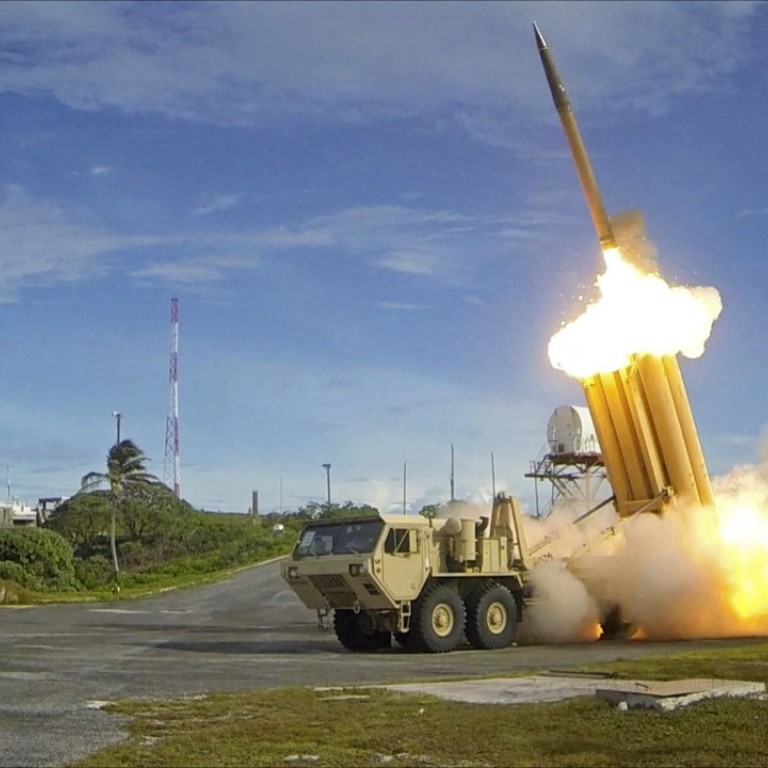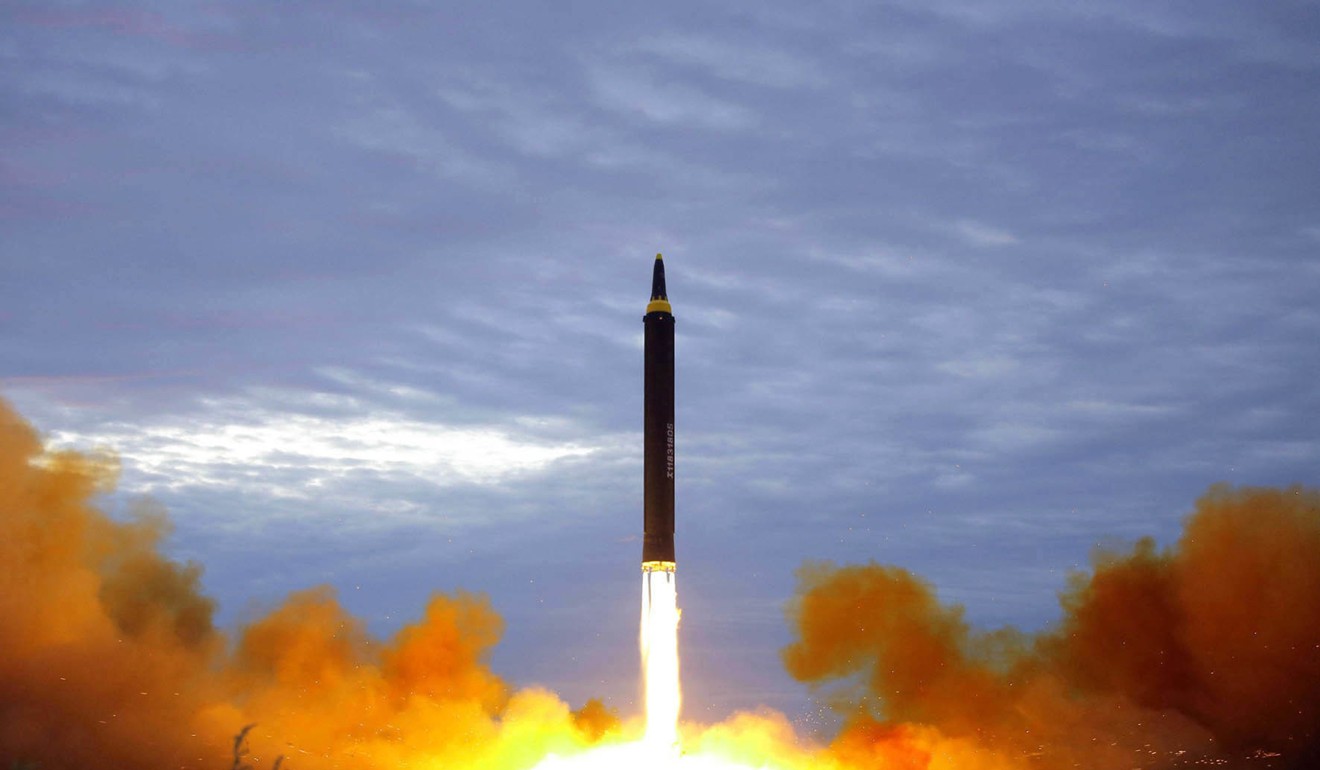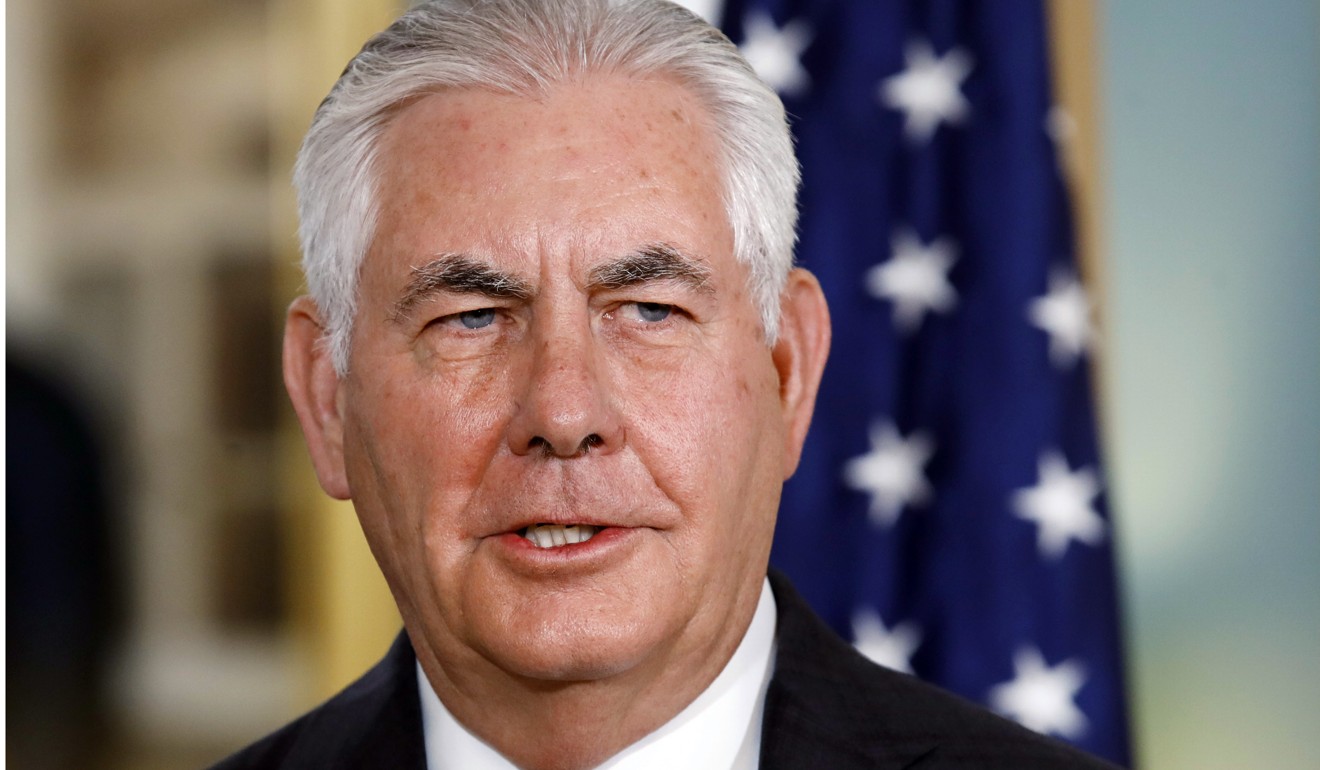
No choice for US but to accept a nuclear North Korea, ex-CIA analyst says
US acceptance of a nuclear North Korea might include a nuclear-armed South Korea, said Su Mi Terry, who served under former US president George W. Bush
The US has no choice but to accept the nuclearisation of North Korea and China may need to live with a South Korea that is nuclear-armed or at least more heavily weaponised than the US’s ally is now, said a northeast Asia analyst formerly with the CIA.
US acceptance of a nuclear North Korea would need to come with military measures that include at minimum a robust missile defence system in South Korea regardless of how China might react to such a scenario, Su Mi Terry, who served as a senior North Korea analyst in the CIA under former President George W. Bush, told the South China Morning Post.
“We can be creative about containment and deterrence,” Terry, now a senior adviser at Bower Group Asia, a consultancy specialising in Asia-Pacific issues, said in an interview.

A containment and deterrence policy “doesn’t have to mean that we just sit around and say ‘that’s OK’. It may mean missile defence. It may mean ultimately after North Korea acquires its capability to attack the United States with a nuclear-tipped ICBM, it may mean that South Korea will have to go nuclear”.
Terry’s remarks reflect what some analysts are saying about realistic outcomes for the stand-off on the Korean Peninsula, but run counter to the official line in Washington and Beijing.
While the US and China have cooperated on passing unanimously a series of sanctions against Pyongyang and condemnations of the country’s nuclear weapons programme, the deployment of a US missile defence system in South Korea has stirred China’s anger.
In addition to her role at Bower Group, Terry is also a senior research scholar at the Columbia University’s Weatherhead East Asian Institute.
China has consistently opposed the deployment of the US’s Terminal High Altitude Defense (THAAD) system in South Korea, saying it would do little to deter the missile threat from North Korea while allowing the US military to use its radar to look deep into China’s territory and at its missile systems.
The US and South Korea have resisted such calls, arguing that THAAD is a defensive system only. Yet, an effective missile defence for South Korea would likely require even more than the existing THAAD deployment.
“The fact is that neither THAAD nor Aegis, the two systems that are the most relevant to the defence of Japan and Guam, have ever been used against a missile fired in anger. What would happen if they were to do so is a question better left unanswered,” Will Saetren, a research associate and nuclear weapons policy specialist at the Institute for China-America Studies, said in an opinion piece this week.
North Korean leader Kim Jong-un “would have to tell the US exactly when the test was going to happen, provide the exact location of the launch site, the trajectory of the missile and the intended target of the test,” Saetren added. “That is not likely to happen.”
The likelihood that the US and China will clash over containment and deterrence options has risen following a volley of militaristic threats between US President Donald Trump and Kim.
North Korea “will have to continue with the provocations, they will have to continue and complete their [nuclear] programme because Kim Jong-un has made it personal and Trump has made it personal”, Terry said.
“You see Kim Jong-un’s statement which came out after Trump made his UN speech. I’ve never seen anything like that, where he says he takes it personally, writing in the first person on the front page of Rodong Shimbun (an official North Korean government newspaper) and putting his name to it. There’s no way Kim Jong-un is going to back down from that. If he was going to back down he would not have made it so personal.”
Terry was referring to Kim’s response to a threat Trump made in his speech to the United Nations General Assembly last week to “totally destroy” North Korea. Kim said in his response carried by state media: “I will surely and definitely tame the mentally deranged US dotard with fire.”

China and the US remain engaged in finding a solution to their concerns around North Korea, with both sides aiming for denuclearisation.
US Secretary of State Rex Tillerson left Washington for Beijing on Thursday and will be there until October 1 for talks that will include Pyongyang’s nuclear and missile programmes.
Tillerson and his Chinese counterparts “will discuss a range of issues, including [President Donald Trump’s] planned travel to the region, the denuclearisation of the Korean Peninsula and trade and investment”, the US State Department said in an announcement earlier this week.

